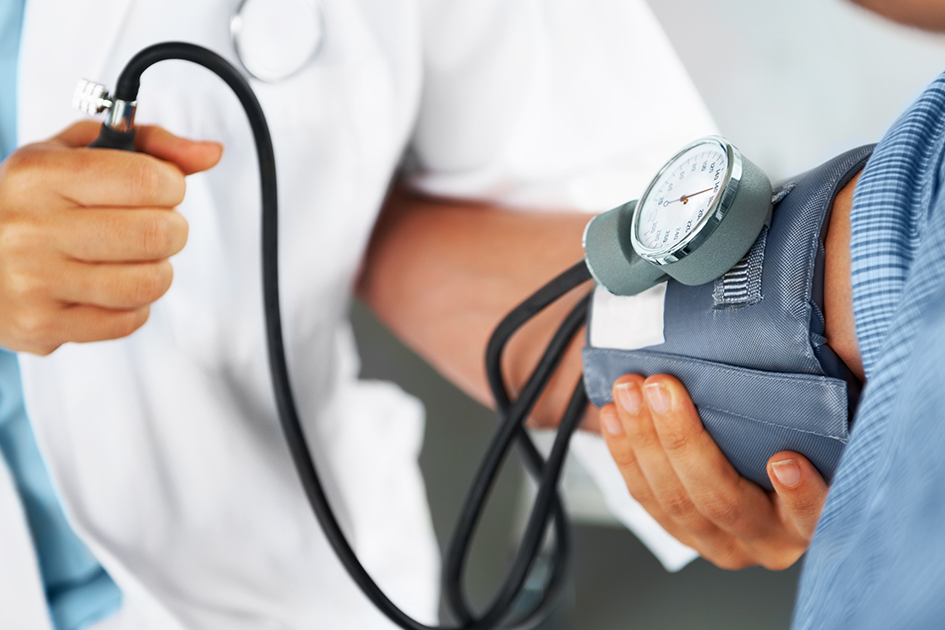Cardiac MRI
Cardiac magnetic resonance imaging (MRI) is performed to evaluate the structure and function of the heart and blood vessels to detect or monitor anomalies, such as heart disease.
What is a cardiac MRI?
A cardiac MRI uses radio waves, magnets, and a computer to scan the patient's body and produce detailed images of their heart. Doctors use this scan to evaluate the structure and function of the heart and blood vessels for patients with heart disease. A cardiac MRI is a non-invasive test and does not use X-rays or radiation. A cardiac MRI may provide your doctor with information about your heart that can’t be obtained by other tests.
Why is a cardiac MRI performed?
A cardiac MRI is performed to help your doctor detect or monitor heart disease.
A cardiac MRI can help your doctor:
- Diagnose a variety of cardiovascular (heart and/or blood vessel) disorders, such as tumors, infections, and inflammatory conditions
- Evaluate the anatomy and function of the heart chambers, heart valves, and the surrounding structures as well as the size of and blood flow through major vessels
- Evaluate the anatomy of the heart and blood vessels in patients with congenital heart disease
- Evaluate the effects of coronary artery disease, such as limited blood flow to the heart muscle and scarring within the heart muscle following a heart attack
- Evaluate the effects of surgical changes, particularly in patients with congenital heart disease
- Monitor the progression of certain cardiovascular disorders over time
- Plan a patient's treatment for cardiovascular disorders
What can I expect during a Cardiac MRI?
A cardiac MRI usually lasts 45 to 90 minutes. The MRI machine is located in a large room and is structured similar to a tunnel. The patient will lie down on a table that slides into the tunneled portion, or scanner, of the MRI machine. The MRI machine makes loud banging and clicking noises during most of the exam. The patient will receive special ear plugs that soften the noise while also allowing them to watch a movie or listen to music. During the MRI, the patient may be asked to hold his or her breath for brief periods (10 to 20 seconds). This helps create clearer images. Some patients receive a contrast dye, known as gadolinium, during the exam to help get a clearer image of blood vessels or the heart muscle. The medicine is given through an intravenous line (IV) placed before the exam. To obtain clear images, you needs to remain very still in the MRI scanner during the test. Due to the length of the test, young children, or those who cannot lie still, are afraid of the MRI machine, or experience anxiety inside the scanner (claustrophobia), may need to be sedated or given general anesthesia for the duration of the test. This will be determined by your doctor.
Care Team Approach
Patients are cared for by a dedicated multidisciplinary care team, meaning the patient will benefit from the expertise of multiple specialists across a variety of disciplines. Our board-certified and fellowship-trained heart surgeons have extensive experience treating patients with heart disease and vascular disorders and work alongside a team of cardiac experts, including cardiologists, interventional cardiologists, electrophysiologists, critical care specialists, hospitalists, anesthesiologists, perfusionists, nurses, advanced practice providers, social workers, psychologists, child life specialists, dietitians, physical and occupational therapists, pharmacists, and more, providing unparalleled care for patients every step of the way. We collaborate with our colleagues at the Dell Medical School and The University of Texas at Austin to utilize the latest research, diagnostic, and treatment techniques, allowing us to identify new therapies to improve treatment outcomes. We are committed to communicating and coordinating the patient’s care with referring physicians and other partners in the community to ensure that we are providing comprehensive, whole-person care.
Learn More About Your Care Team

Institute for Cardiovascular Health
Ascension Seton Medical Center - Main
1201 W. 38th St., Austin, TX 78705
1-512-324-3028
Get Directions

Texas Center for Pediatric and Congenital Heart Disease
Dell Children's Specialty Pavilion
4910 Mueller Blvd., Austin, Texas 78723
1-855-324-0091
Get Directions